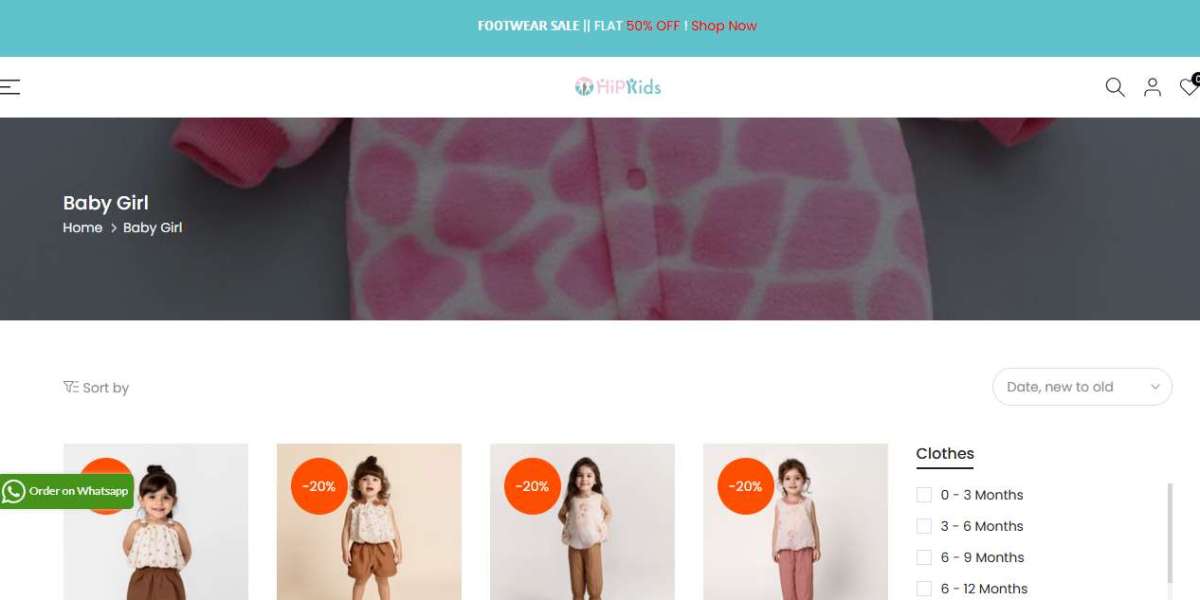Communication is the lifeblood of human connection. But for many deaf or hard-of-hearing individuals, bridging the communication gap can be challenging in a predominantly spoken language world. That's where learn basic British Sign Language (BSL) becomes instrumental—not just for fostering inclusivity but also for enriching your understanding of the diverse ways we communicate.
British Sign Language is a visual language that connects gestures, facial expressions, and body language to convey thoughts and emotions. Whether you're looking to build stronger relationships, support accessibility, or promote inclusivity in your workplace or community, learning BSL holds the potential to make a significant difference.
This blog explores why understanding even the basics of BSL matters, how it impacts your personal and professional life, and how you can start incorporating it into your world.
The Importance of British Sign Language
Bridging the Accessibility Gap
For over 11 million people in the UK who live with some level of hearing loss, communication hurdles can be a daily source of frustration. British Sign Language, recognised as an official language in the UK in 2003, provides a vital means of interaction for these individuals. When more people learn basic BSL, it becomes easier to reduce barriers that deaf or hard-of-hearing individuals experience, fostering a much-needed sense of inclusion.
Imagine entering a café and being greeted by someone who can communicate with you in your preferred language. That simple gesture can make all the difference in the world. It's not just about understanding; it's about respect, effort, and equality.
Fostering Personal Growth
Learning a new language, including sign language, broadens the mind. Incorporating BSL into your skillset isn't just practical; it also nurtures empathy, patience, and a profound appreciation for diverse communication methods.
Beyond its social impact, acquiring even basic British Sign Language enhances cognitive abilities like memory and problem-solving, thanks to the gesture-based nature of the language. It's a meaningful way to expand your horizons while building critical soft skills.
Growing Community and Workplace Inclusion
Workplaces and communities thrive when inclusivity is prioritised. For businesses, incorporating BSL into their customer service approach creates a welcoming environment for everyone. Likewise, organisations that offer BSL training to employees send a powerful message of dedication to accessibility and equality.
Being a community member who knows basic BSL means being able to greet and assist those who rely on it. Whether you're chatting with a neighbour or helping a visitor, these small actions reverberate, encouraging a culture of inclusion.
How Learning Basic BSL Makes a Big Difference
It Strengthens Relationships
Knowing BSL allows you to better connect with deaf friends, family, colleagues, or acquaintances. Being able to exchange a simple "Hello, how are you?" or share a kind smile using your fingertips is a heartwarming gesture that deepens relationships.
It Opens Professional Opportunities
With equality laws such as the Equality Act 2010 ensuring better accessibility in the UK, businesses increasingly value multilingual fluency, including BSL. By taking the initiative to learn, you could stand out as a job candidate, especially in fields like education, healthcare, customer service, and community outreach.
Employers seeking to expand accessibility in their operations significantly benefit from employees versed in BSL, making it an asset on your CV.
It Normalises Deaf Culture Awareness
Learning BSL is an opportunity to promote the understanding and visibility of Deaf culture. Using even the simplest phrases normalises sign language in day-to-day interactions, demonstrating that verbal communication isn't the only valid or important form of interaction.
Normalisation fosters societal change. One shared gesture at a time, we create communities that value diversity in every form.
Getting Started with Basic BSL
If the idea of learning feels daunting, don't worry. Mastering basic BSL is achievable, regardless of your prior experience.
1. Start with Small Steps
Begin by learning everyday signs like greetings, numbers, and common words such as "thank you" or "sorry." Resources such as online tutorials, mobile apps, and YouTube channels specifically designed for beginners are a great place to start.
2. Use Visual Resources
Flashcards, illustrated guides, and practice videos are helpful for memorisation. Engaging visuals help connect hand movements to their meanings, making them easier to remember.
3. Join BSL Classes
Formal classes offer invaluable interactive learning. You'll connect with qualified teachers, gain feedback, and practise in real-time with other learners. Check out community centres or universities for beginner-friendly BSL courses in your area.
4. Immerse Yourself
Practice is key to fluency. Use your skills whenever possible! Attend Deaf events, watch signed performances, or follow social media hashtags like #BSL. Immersion builds confidence and makes learning second nature.
5. Pair BSL with Fingerspelling
The BSL alphabet allows you to spell out words with individual letter signs. This becomes useful when learning names, new terms, or speaking with someone unfamiliar with a particular sign.
6. Engage with the Deaf Community
Engaging directly with the Deaf community isn't just a language lesson; it's a cultural experience. Attend Deaf meetups, make new friends, and participate in workshops where you can learn from native signers.
Inspiring a Culture of Inclusion
Small actions trigger ripples of change, and it starts with you. Whether you're casually practising signs at home or integrating BSL into workplace protocols, each choice contributes to a larger, more inclusive society.
Imagine schools incorporating basic sign language into their curriculums, businesses training their staff in BSL, and entire communities embracing signed communication. The impact would be immeasurable for millions of deaf or hard-of-hearing individuals, bringing equality closer to reality.
Beyond the tangible effects, the kindness, curiosity, and effort of learning BSL ultimately inspire compassion across all forms of human interaction.
Conclusion
The benefits of learning even basic British Sign Language extend far beyond words. It's a step toward bridging gaps, fostering inclusion, and celebrating the beauty of language diversity.
If you're ready to make a meaningful difference, there's no better time to start learning. Begin with a short course or explore some of the many digital resources available. The change starts with you.
Together, we can create a world where communication knows no barriers.



